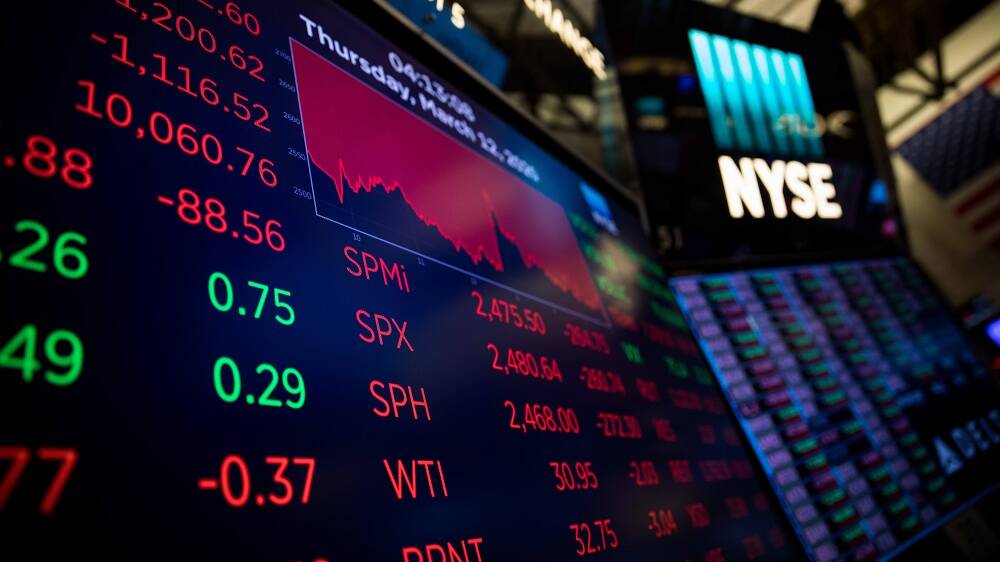Global Political Economy and Trade

Economic globalization is transforming our society at a rapid pace, deeply affecting the living conditions of people all around the world. So far, this globalization has been shaped almost exclusively by the powerful economic interests of private companies, protected by states located (mostly) in the Global North. In the process, democratic control over a large swath of the foundations of human life has been sacrificed for the sake of profit.
Our work on political economy and trade focuses on analysing the world economic order as well as trade agreements on the basis of real conditions, as opposed to idealized conceptions of the so-called “free market”. We replace the notion of a perfect market with actually existing conditions, discuss these, and work out political concepts and strategies for diverse alternative economic and trade policies as well as for the just economic development of the Global South.
The dominant economic development model is and remains neoclassicism. In this paradigm, economic and social problems are best solved by free markets and their primary actors – profit-maximizing private companies. To justify international trade, neoclassicism relies on David Ricardo’s theory of “comparative advantage”, according to which free trade is beneficial to all participating states and their populations. However, the world order shaped by this paradigm generates a polarization of wealth and poverty, while deepening inequality and injustice both within and between states.
Despite its theoretical shortcomings and lack of empirical evidence, neoclassical theory, and with it the theory of comparative cost advantage, stubbornly persists – not least at the decision-making levels of international organizations such as the World Trade Organization, the International Monetary Fund, and the World Bank. The neoliberal project, which can be understood as a political concept designed to enforce the neoclassical paradigm, promises to foster prosperity through free and unfettered goods and financial markets. Yet, that promise has evidently not been fulfilled.
The Rosa Luxemburg Foundation advocates for a just global economic order. Central to this are economic and international trade policies that allow states room to manoeuvre in terms of active policymaking, guarantee fair and self-determined trade, strengthen social rights, and focus on ecological sustainability. Consequently, that would mean breaking with the devastating practice of extractivism, which dates all the way back to the colonial era.
For that, we need a political dialogue around a just world economic and trade order, in which actors from the Global South and social movements in particular are included and indeed strengthened.
Contact:
| Role | Details |
|---|---|
| Economy and International Trade Programme Director | Dr. Arif Rüzgar Email: arif.ruezgar@rosalux.org |